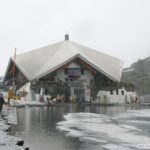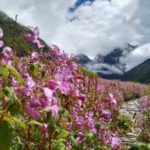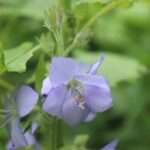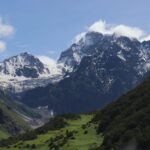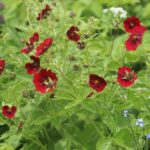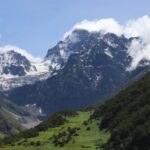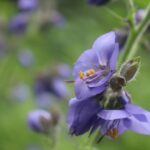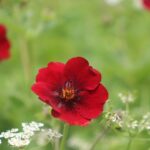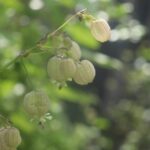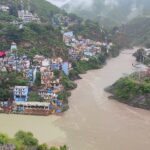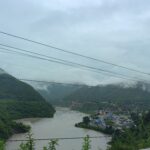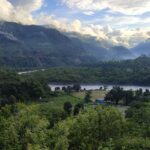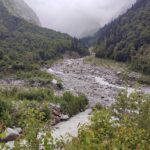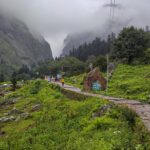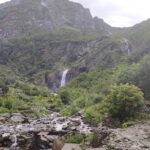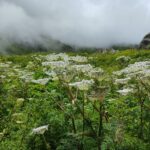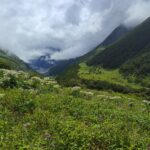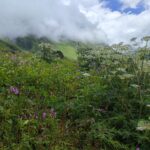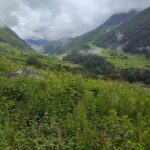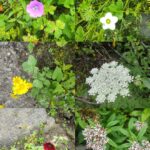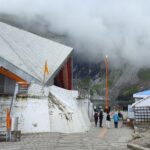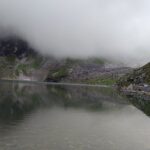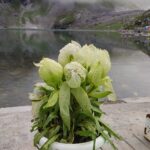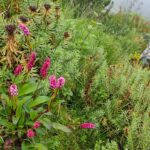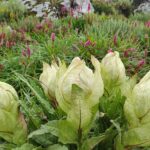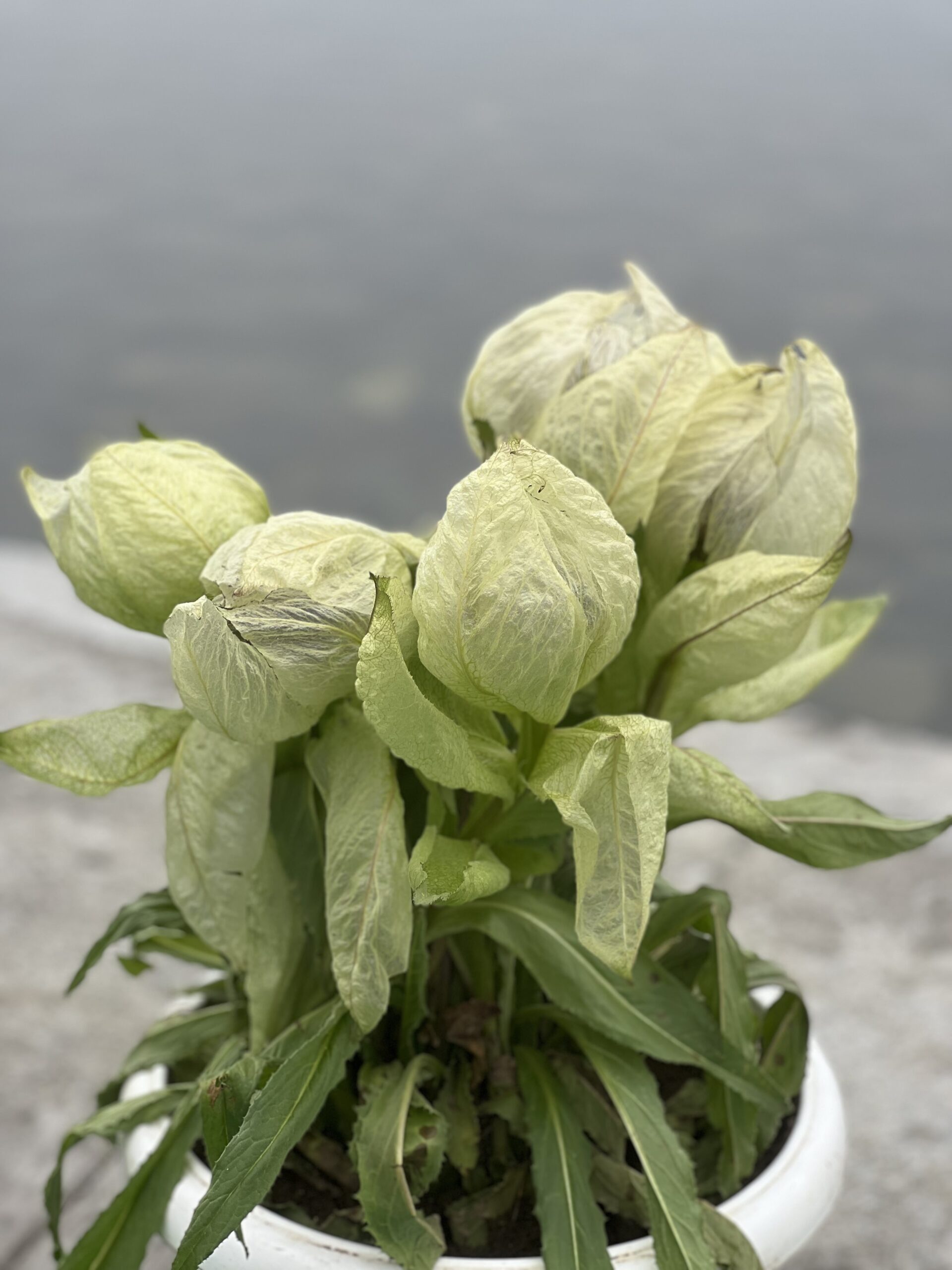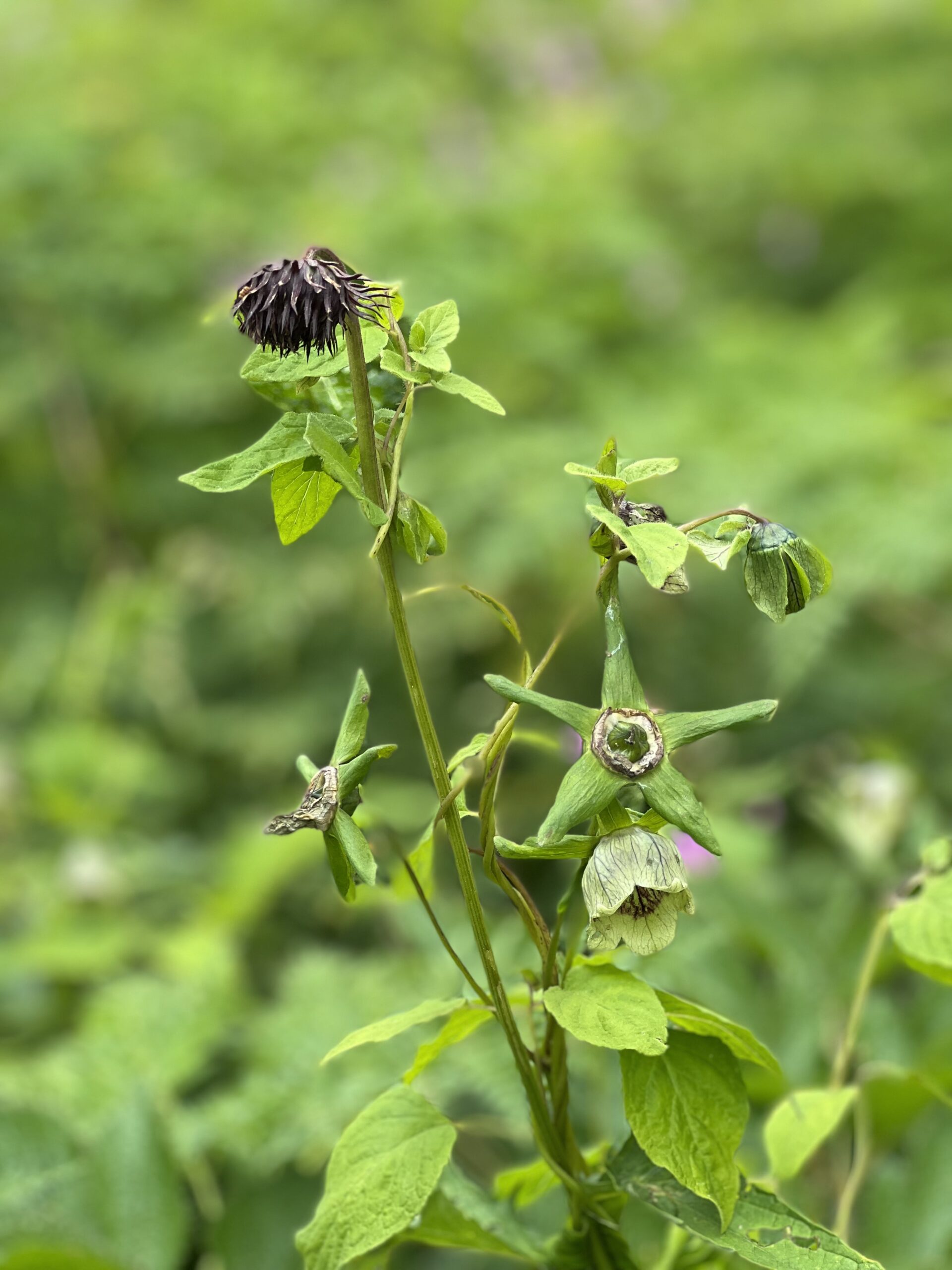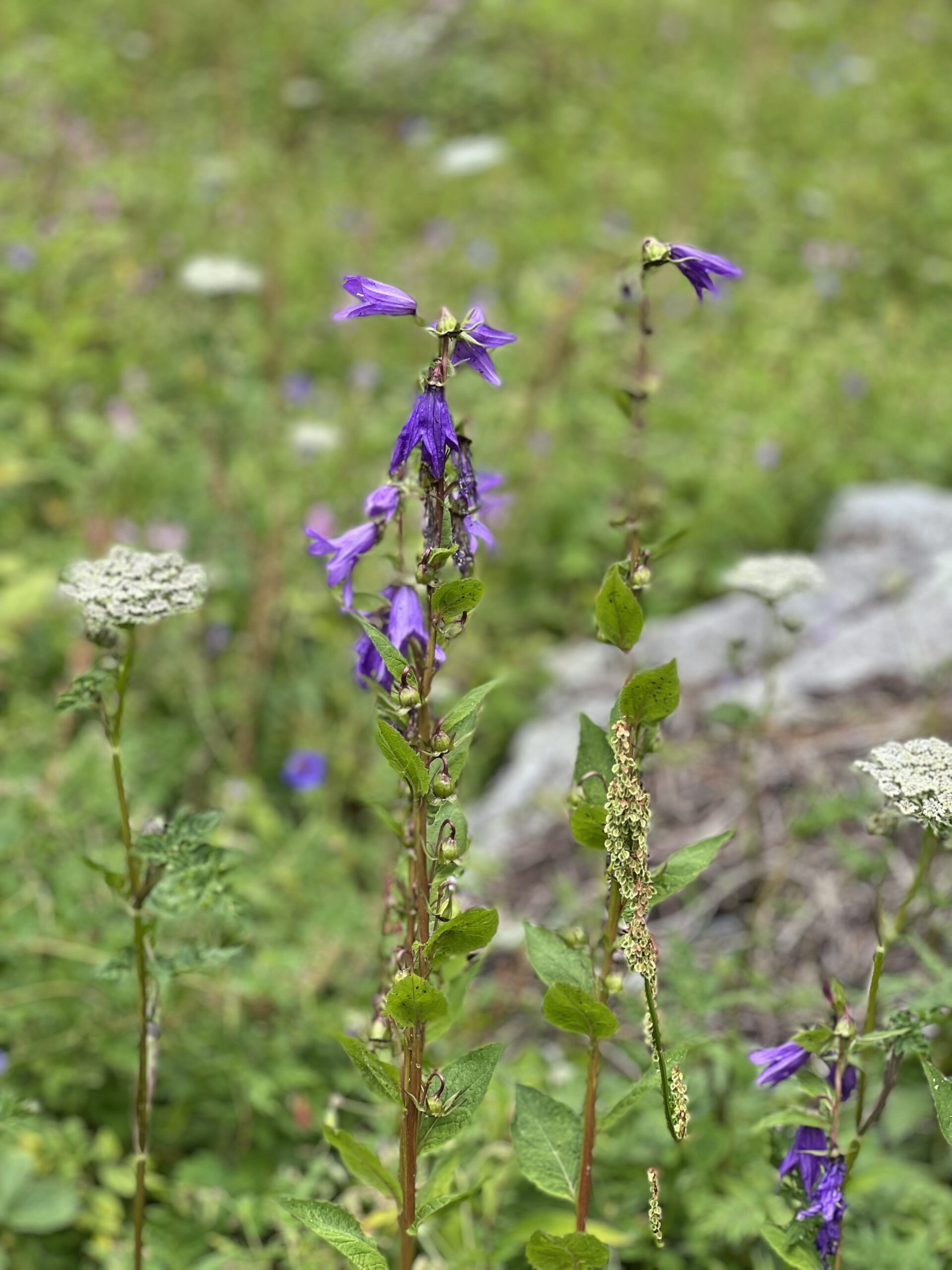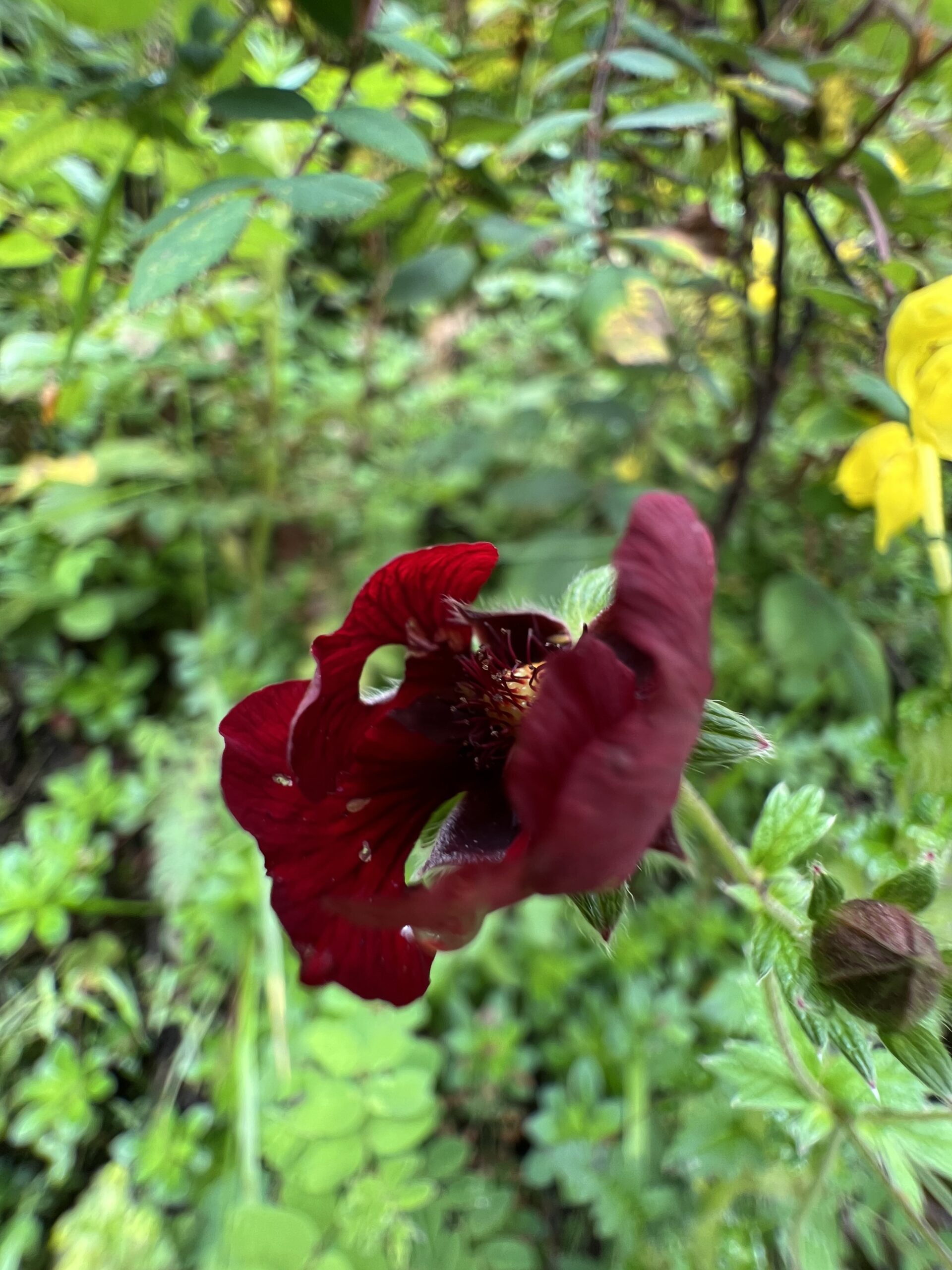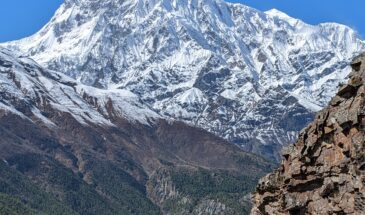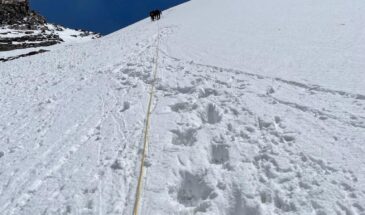- Trek Overview
- Itinerary
- Inclusions / Exclusions
- Gallery
- FAQ
In 1925, a British team led by Eric Shipton summited Mount Kamet (at 7756 mts, it was the highest mountain to be ever climbed at that point). On their way back they lost their way and one of their team members, Frank Smythe stumbled upon a valley filled with different species of colorful flowers.They named it ‘The Valley of flowers!’
Since then thousand of Tourists, Botanist and Ornithologists have flocked this area to admire this phenomenon!
Also on this trek, on visits the Hemkund Sahib Gurudwara. Nestled in between 7 big mountain, this mediation spot chosen by the Tenth Sikh Guru, Guru Govin Singh, finds its mention in the Guru books. The Guru described it as a heavenly spot by a lake, high in the Himalayas. In the early 19th century, the conquest to find their beloved Guru’s meditation spot got the Sikh Pilgrims here and they soon constructed a Gurudwara in the Guru’s name.
The Area
Valley of Flowers lies very close to the Badrinath in the Garhwal section of Uttrakhand. The Char Dham lies in Uttarakhand and is thus called Dev Bhoomi (Gods abode).This area is a major Hindu and Sikh tourist/pilgrim destination. The native language is Garhwali and the people are often referred as Pahadi (Mountain folk).
How are we making the trek different?
Our guide on the trail will be a flower expert too. Plus, we stay in comfortable, slightly isolated locations, which has less crowd.
Expected Weather
July – August
- Chances of Rain/Hail – Mild to moderate rain can be expected
- Temperatures – 10 degrees to 30 degree celcius
Day 1: Drive from Dehradun to Karnaprayag
Distance: 185kms; Time: 6-7 hours
A pick up can be arranged from Jolly Grant Airport, or from your hotel at Dehradun or Rishikesh. We drive to Karnaprayag. Check into the Hotel by evening.
Overnight stay in Karnaprayag
Day 2: Drive from Karnaprayag to Poolna (2926 mts)
Distance: 108 kms; Time: 4 hours
Trek from Poolna to Ghangaria (3000 mts)
Distance: 10 kms; Time 5-6 hours
We will reach by late evening. Check into the Hotel.
Overnight stay in Ghangaria
Day 3: Excursion from Ghangaria to Valley of Flowers (3505 mts) & back
Distance: 7.5 kms; Time 6-7 hours
Overnight stay in Ghangaria
Day 4: Excursion from Ghangaria to Hemkund Sahib (4300 mts) & back
Distance: 12 kms; Time 9-10 hours
Overnight stay in Ghangaria
Day 5: Trek from Ghangaria to Poolna
Distance: 10 kms; Time: 3-4 hours
Drive from Poolna to Badrinath
Distance: 55 kms; Time: 2 hours
From Poolna, we first go to Badrinath, visit the temples, and do local sightseeing (optional).
Drive from Badrinath to Karnaprayag
Distance: 123 kms; Time: 5-6 hours
Overnight stay in Karnaprayag
Day 6: Drive from Karnaprayag to Jolly Grant Airport / Dehradun / Rishikesh
Distance: 184kms; Time: 6-7 hours
Trek ends on reaching the airport / Dehradun / Rishikesh
Trek price includes
- Transport from Dehradun to Karnaprayag, to Poolna, to Badrinath and back.
- Accommodation in Karnaprayag on the first and last day.
- Complete stay and accommodation during the entire trek.
- All meals starting from dinner on the first day to breakfast on the last day.
- Rentals for all common gear provided to you like tent, sleeping bags etc.
- Forest Entry Permission charges.
- Guide and expertise charges.
Trek price excludes
- 5% GST
- Meals or drinks had by participants during the travel (enroute)
- Any additional meal/food/drinks had by the participant other than that provided during the trek
- Rentals for personal gear (Refer things to get section – Things to Carry for Short Summer Treks)
- Trek Insurance (Optional)
- Flight/Train/Bus ticket till Dehradun
- Backpack offloading charges. You are expected to carry your own backpack. Trekkers unable to do so can opt for a porterage service at 400/day.
A certified trek leader, a guide, cook & porters will accompany you during the trek
Yes, partly.
The common perception is that alcohol makes you feel warmer, however it also dehydrates you & dehydration can be fatal while trekking. Hence consumption of alcohol is prohibited. Smoking in camps is not allowed.
Wild animals do not frequent camps. They tend to stay away.
We’ve been organizing treks for over two years and have had many female trekkers trek with us. In fact, a lot of them come solo for treks. There has never been a complaint about the atmosphere of a trek, about other trekkers or our professionalism. They have all been kind enough to leave a review.
In all the camps where the accommodation is in guest houses/home stays, there will be proper toilets. On the day of camping, we will have toilet tents, the standard, most hygienic way of answering nature’s call. A deep pit will be dug in the ground and once you’re done, you will have to use a shovel & throw in some dirt from a mound of dirt kept nearby. These will be dry toilets with no water hence please carry tissue roll for the toilet tent (refrain from using wet wipes as they are not bio degradable), for the rest of the days, you can carry rolls as per your convenience.
Yes, you are ideally expected to carry your backpack. But you do have an option of offloading your bags on a mule for an additional cost. The cost will be 400/ per day per bag. One is expected to inform us about offloading 1 week prior to the trek
Yes, this trek is ideal for first timers.
A trekking pole is advised. It will help you balance better. However, it’s not compulsory. Gaitors and microspikes will be provided if the situation demands the same. A good padded jacket and trousers are a must if trek is in winter.

